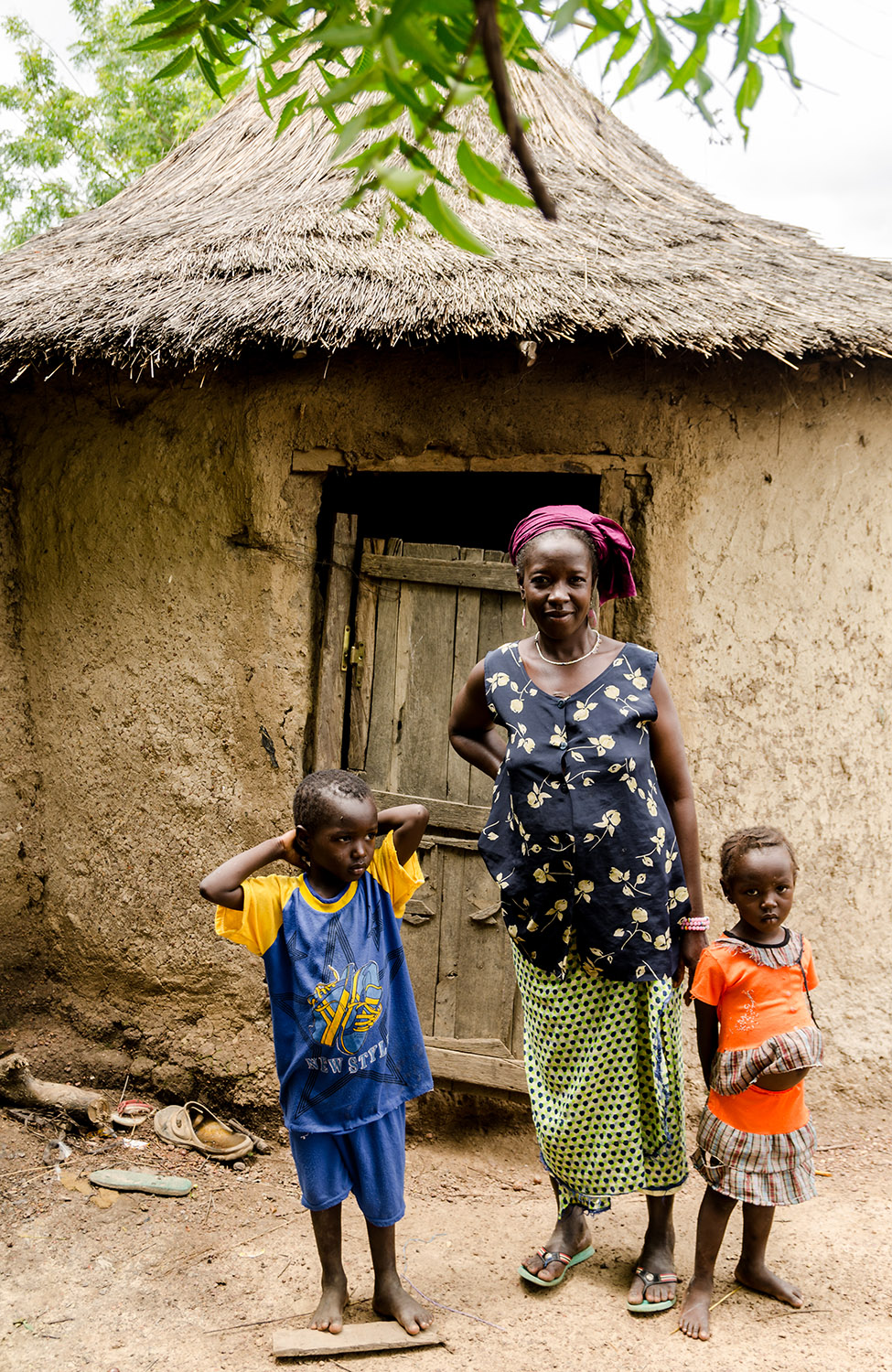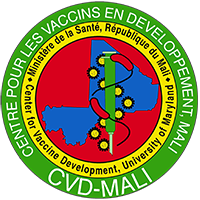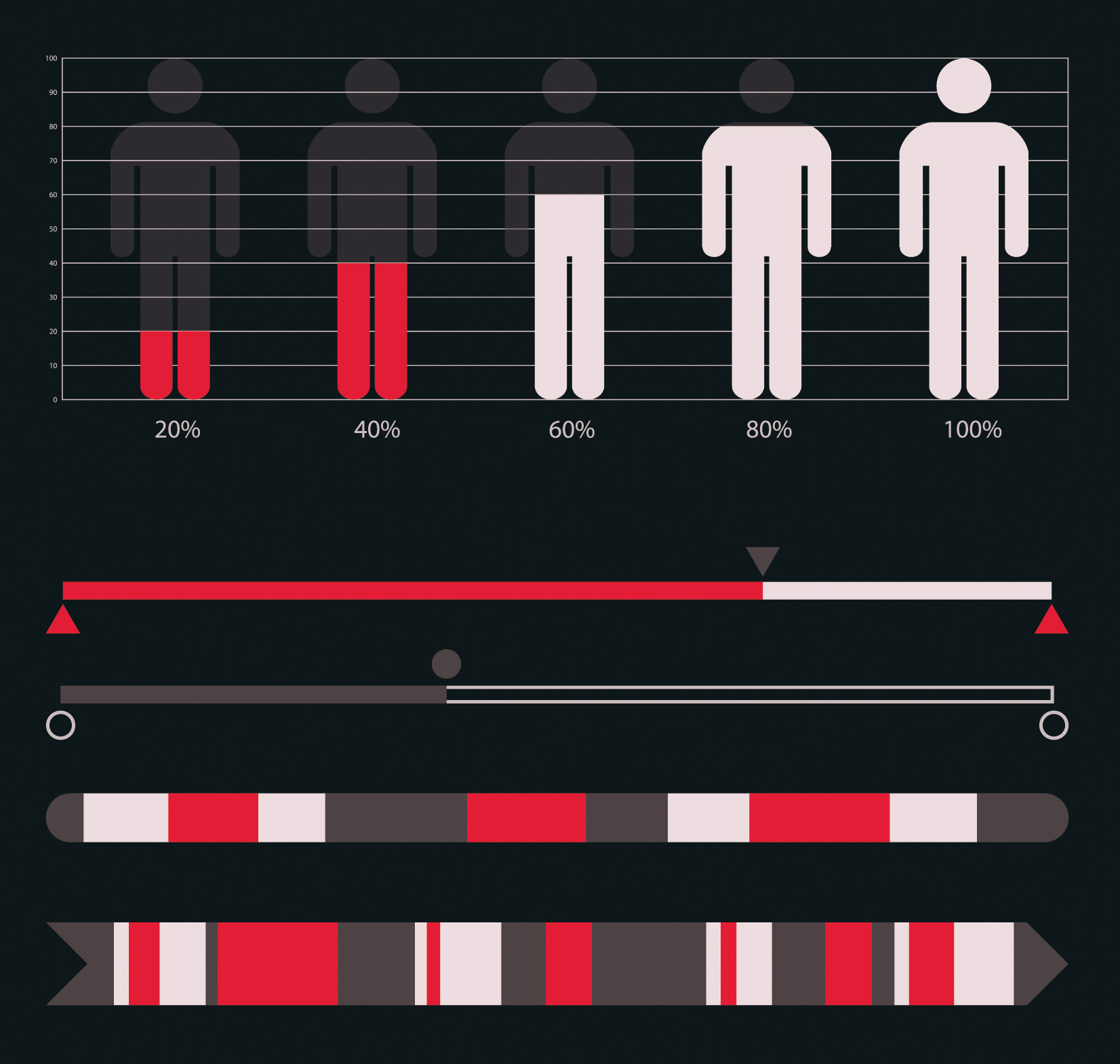new hope in the fight against maternal and child mortality
In March 2019, the Malian government announced a series of sweeping health-system reforms, developed during CVD-Mali Director Professor Samba Sow’s tenure as Minister of Health and Public Hygiene.
These reforms coincided with similar reforms announced by Dr Tedros Adhanom Ghebreyesus, Director General of the World Health Organisation. Both sets of reforms have a central focus on providing Universal Health Coverage (UHC).
Universal Health Coverage is a vision whereby all people and communities are able to access quality health services as and when they need them, and that they are able to do so without suffering financial hardship as a result. UHC includes the full spectrum of services needed throughout life—from health promotion to prevention, to treatment, rehabilitation and palliative care and is predicated on a strong primary health care system.
CVD-Mali is fully committed to working towards the implementation of Universal Health Coverage, through a focus on improving and extending primary health care throughout Mali.



